Reusable period products could help tackle pollution on Broughty Ferry beach.
That’s the message from Debbie Gallacher, who runs zero waste Broughty Ferry business Love Your Planet.
Here, Debbie explains some of the alternatives to pads and tampons which could help clean up our rivers.
Why are period products a problem?
Around 430 million disposable menstrual products are sold every year in Scotland.
Of these, a staggering 340,000 are flushed down the toilet every single day.
Anything that isn’t loo roll should never be flushed down the toilet.
But the figures suggest changing public behaviour will not happen overnight.
Volunteers taking part in the Upstream Battle campaign surveyed litter from six sites along the length of the River Tay.
The survey showed wet wipes and period products were the most common sewage-related debris washed up at Broughty Ferry beach.
Standard, single-use sanitary products are rarely biodegradable and often include plastic packaging or applicators.
And plastic in the sea can end up being ingested by marine animals.
There is evidence items like plastic tampon applicators can make their way into the stomach of birds such as the albatross.
What alternatives are on offer?
Debbie is highlighting the range of products on offer which can help clean up the marine environment.
Zero waste shops like her Ferry business sell reusable tampon applicators, menstrual cups and reusable pads.
These are all washable and reusable.
Here are her suggestions (of course, they only help if you don’t flush them).
- Reusable tampon applicators
These are a reusable alternative to the plastic applicators sold with most tampons.
You can use them alongside cotton tampons, which aren’t reusable but are a biodegradable alternative to those with plastic applicators.
“I don’t think people realise that the standard ones are just coated in plastic,” Debbie says.
- Menstrual cups
A menstrual cup is a bit like a flexible eggcup that collects the blood.
“You can use it for up to eight hours so it’s great if you want to pop it in before work or university.
“Then you just need to wash it.”
- Washable pads
These are reusable pads you can wash between uses.
Again, they are an environmentally friendly alternative to single-use pads coated in plastic.
- Period pants
Period pants are another leak-proof alternative to pads and tampons that help reduce waste.
You can buy these online, or at certain supermarkets and clothing outlets.
‘You save a fortune in the long run’
A recent study conducted by the Scottish Government emphasised the need for education around alternative period products to build trust.
“Fear of leaking and resulting embarrassment or shame” is a concern for new users.
Debbie says her customers have not reported any problems.
And she says switching to reusable is a cost effective strategy.
“If you think about how many of the disposable ones you would use in your lifetime,” she said.
“This way, you save a fortune in the long run. They last years.”
Reusable products are a bit ‘niche’
The Scottish Government study highlighted a need to make reusable products available in supermarkets rather than just “niche retail outlets.”
Meanwhile, local authorities have been helping to promote reusables.
Scotland introduced the Period Products (Free Provision) (Scotland) Act in August.
Councils are including reusables in this provision.
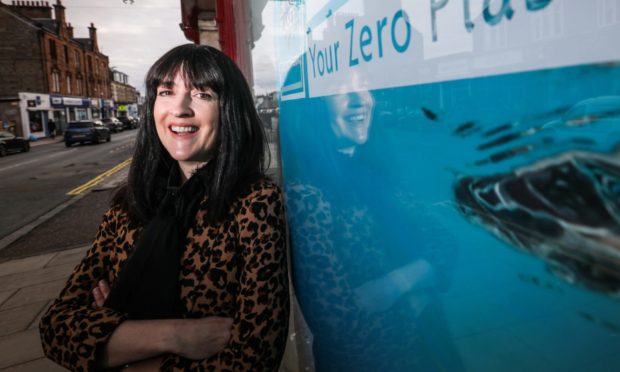
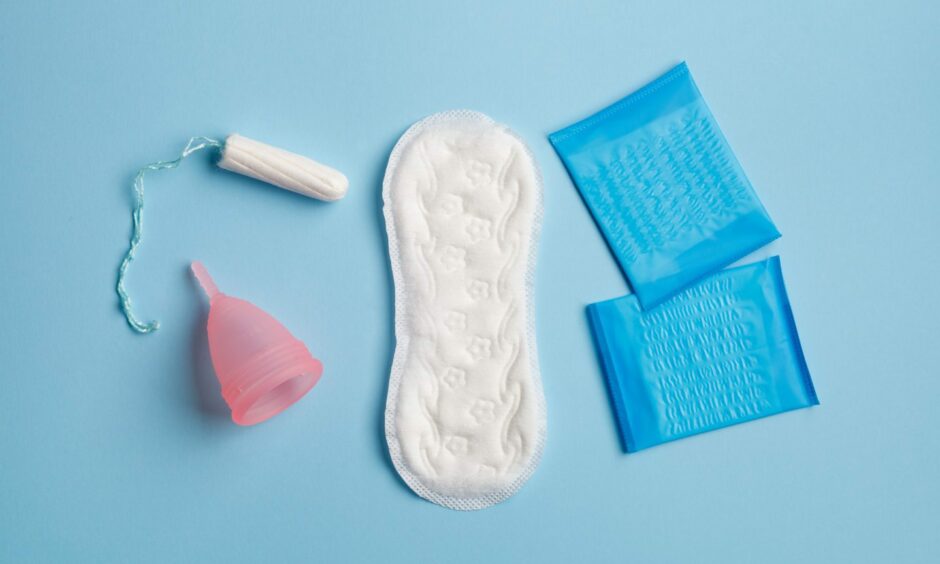
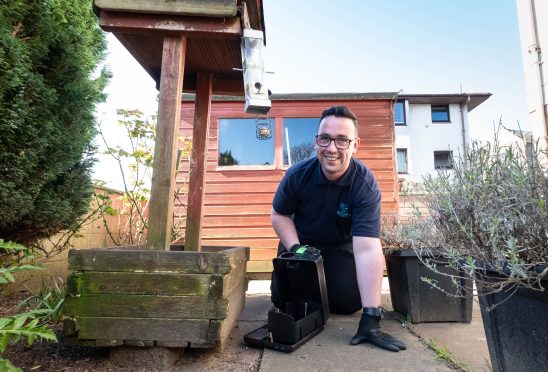



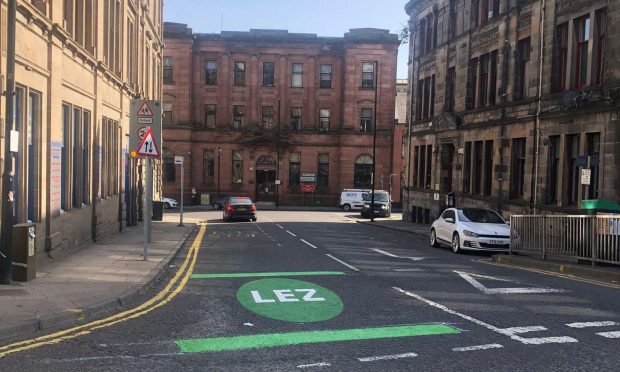

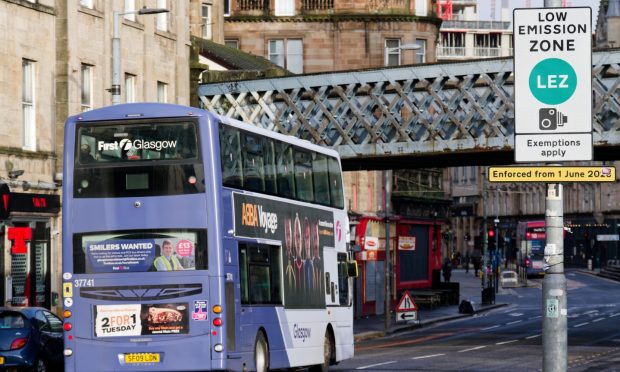



Conversation